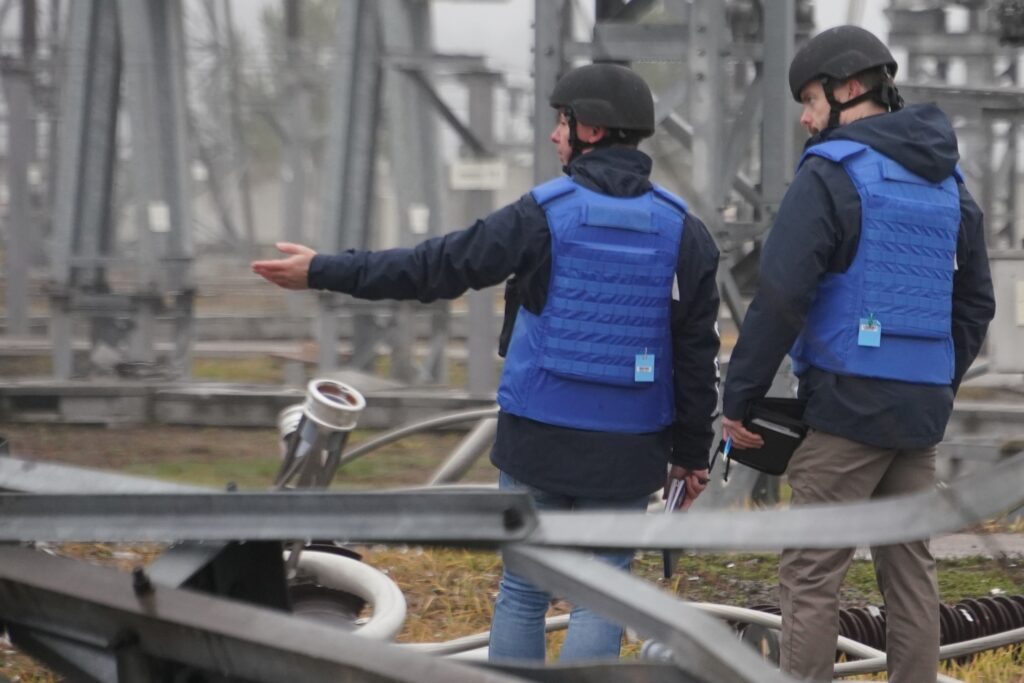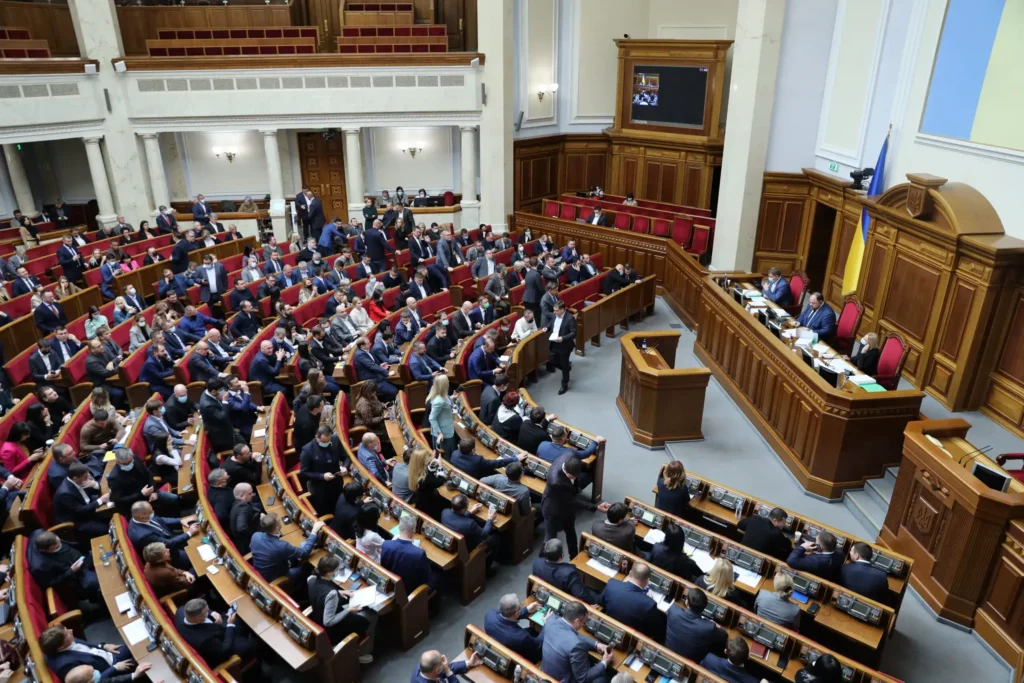Deepfake, OnlyFans, and privacy: why Ukraine needs a new law on pornography
5 November 2025 17:58
An important bill No. 14165 was submitted by a group of MPs. The parliamentarians decided to improve the articles of the Criminal Code concerning pornography and everything related to it. To be more precise, they decided to partially decriminalize pornography. This is not the first attempt to look at this topic from a different angle. Komersant found out what MPs propose.
The draft law proposes a new version of Article 301 of the Criminal Code of Ukraine, which establishes criminal liability for forcing a person to participate in the creation, filming, distribution or publication of pornographic material, including through the use of threats, violence, blackmail, deception or exploitation of a vulnerable state.
The law also increases liability for such actions against minors.
At the same time, adults who voluntarily create or share intimate content for personal use without the purpose of distribution will not be punished.
The article also introduces modern definitions of the concepts of “pornographic products”, “erotic products”, “intimate materials” and “psychological violence”.
In addition, it is proposed to add Article 301³, which establishes liability for the illegal distribution of intimate materials and the creation of sexual content without a person’s consent, including deepfake and content created by artificial intelligence.
Increased penalties are provided for repeated or self-serving actions, as well as for crimes against minors.
A punishment tool for abusers
According to lawyers, the adoption of this bill will have a number of important legal and social effects.
“The law will increase responsibility for coercion to participate in pornographic content, especially when it comes to minors or vulnerable people. It will create additional tools to punish abusers and pimps. The introduction of liability for disseminating intimate materials without consent is a protection against revenge, leaks of photos or videos taken for personal use,” lawyer Valentyn Serkov told Kommersant Ukrainsky.
In fact, personal intimate relationships will be decriminalized – the voluntary creation or exchange of intimate content between adults will not be considered a crime.
This reduces the risk of excessive state interference in private life.
“For the first time, the law explicitly covers deepfake and AI-generated sexual images without a person’s consent, which is a pressing problem that almost no one has yet legally addressed. That is, the law will strengthen the protection of victims’ rights, limit abuse, take into account modern risks (AI, deepfake) and legalize adult privacy,” the lawyer emphasizes.
According to the Office of the Prosecutor General, in the first half of 2025, 2368 criminal proceedings related to pornography were opened in Ukraine, which is 20% more than last year.
Cases of porn production and distribution have increased 1.5 times, and about 85% of them go to court.
The first attempt to decriminalize porn
Interestingly, this is the second draft law that changes the Criminal Code in the part related to pornography.
Last year, MP Yaroslav Zheleznyak from the Voice party submitted draft law No. 12191, which was supposed to amend Article 301 of the Criminal Code regarding the storage and distribution of intimate content.
“This is exactly the ‘decriminalization of porn’. This is not ‘legalization of porn’ – it is already legal, and we have been collecting millions of taxes from OnlyFans for several years. We’re just changing Article 301 so that adults don’t go to jail for 3-5 years for filming and distributing intimate videos. That’s all,” Zheleznyak emphasized.
He added that these changes are needed to prevent people from being imprisoned for storing content or conducting massive “secret purchases” on webcams.
“And at the same time, under Article 301, you can be punished even for storing nude photos on your own phone,” the MP noted.
In addition, the work on the draft law coincided with the taxation of OnlyFans models and “letters of happiness” from the BES.
The author hoped that the document would be adopted this year.
A few months ago, Yaroslav Zheleznyak complained that draft law No. 12191, which was supported by the relevant committee of the Verkhovna Rada, two petitions, and MPs from different factions, had not yet been put to a vote – according to the MP, because of the president’s position that the topic was “unpopular.”
Later, he joined the group of MPs who drafted Bill No. 14165.
Author: Alla Dunina









